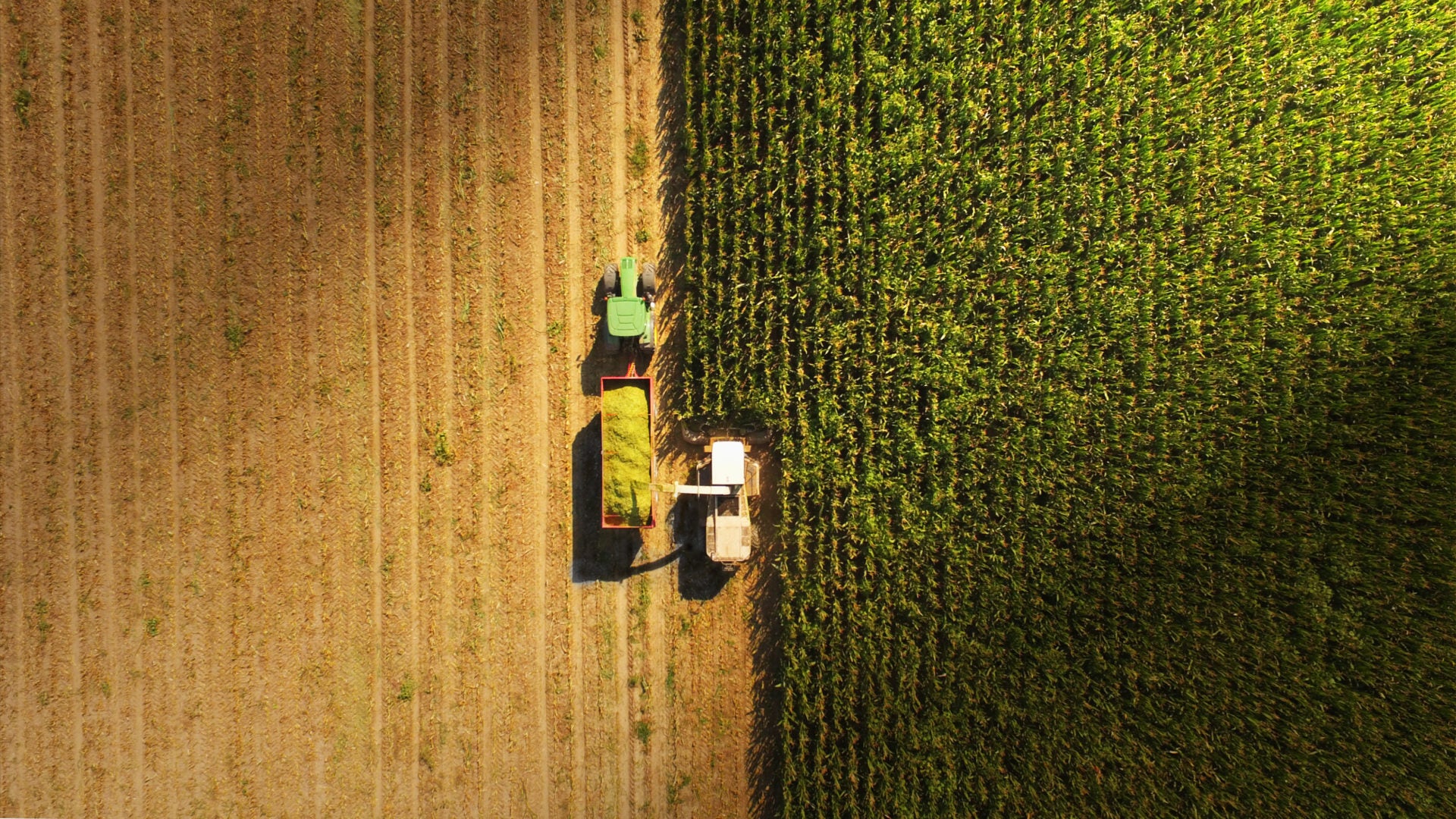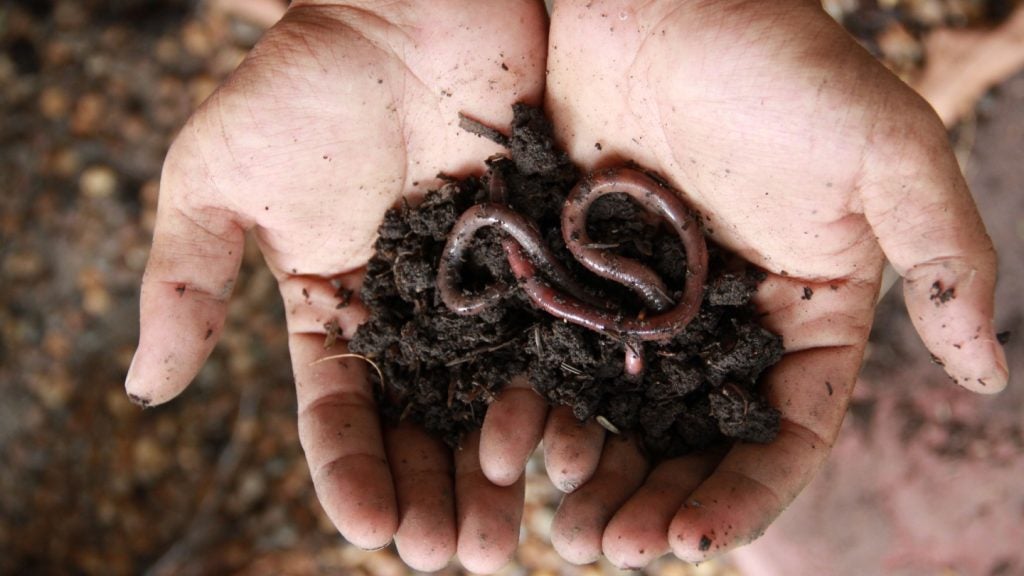
Scientists have shown how plants can be modified to respond to their environment, aiding the development of crops that are more resilient in high-stress conditions.
In doing so they hope to assist crop production to meet the demands of a growing population, which is expected to reach 10 billion by 2050.
Researchers at the University of Oxford manipulated what is known as the CHLORAD pathway, which helps to regulate chloroplast structures inside the plant. These structures define the many functions of a plant, such as photosynthesis.
By manipulating this biochemical pathway, the team is able to remove unnecessary or damaged chloroplast proteins that might hinder the plant in certain conditions.
Professor Paul Jarvis, lead researcher, said: “Two decades on from the identification of the chloroplast protein import machinery – which delivers new proteins to chloroplasts – our discovery of the CHLORAD pathway reveals for the first time how individual, unwanted proteins are removed from chloroplasts.”
It builds on previous studies by the university that showed proteins in the chloroplast membranes are digested by a protein degradation system outside of chloroplasts, said fellow researcher Dr Qihua Ling.
How well do you really know your competitors?
Access the most comprehensive Company Profiles on the market, powered by GlobalData. Save hours of research. Gain competitive edge.

Thank you!
Your download email will arrive shortly
Not ready to buy yet? Download a free sample
We are confident about the unique quality of our Company Profiles. However, we want you to make the most beneficial decision for your business, so we offer a free sample that you can download by submitting the below form
By GlobalData“So, the key question was: How are chloroplast proteins extracted from the membrane to enable this to happen?
“Our discovery of the CHLORAD system answers this question, and we identified two novel proteins that act in the process” he added.
The discovery is hoped to make crops more resilient to changing climates and more resilient in difficult growing conditions.
Resilient crops needed to survive climate change
With the population of the Earth projected to reach nearly 10 billion people by 2050, current levels of food production must increase by 25-70%.
But with 38% of the planet’s land and 70% of fresh water already used for agriculture, scientists are exploring how to modify plants to maximise crop yields.
Droughts, extreme temperatures, soil salinity, nutrient deficiencies and toxic metals are the leading causes of decreasing crop yield.
This can decrease yields by 50-80%, depending on the crop and geographical location.
The problem is being exacerbated by climate change, which is creating more extreme weather conditions.
Scientists have been genetically modifying crops for over 20 years to increase yields and reduce harmful toxins and pesticides.
Peter Burlinson, Frontier Bioscience Lead at the Biotechnology and Biological Sciences Research Council, said: “The discovery of this biochemical pathway is a good example of how insights from fundamental plant biology research can reveal potential new strategies to develop crops that are more productive and resilient.
“This helps illustrate the value of basic science in contributing to addressing key global challenges including a rising global population, environmental stresses and an increased demand to deliver food security.”
The results were published in the journal Science.
Read more: The future of food: What you’ll really be eating in 2029





